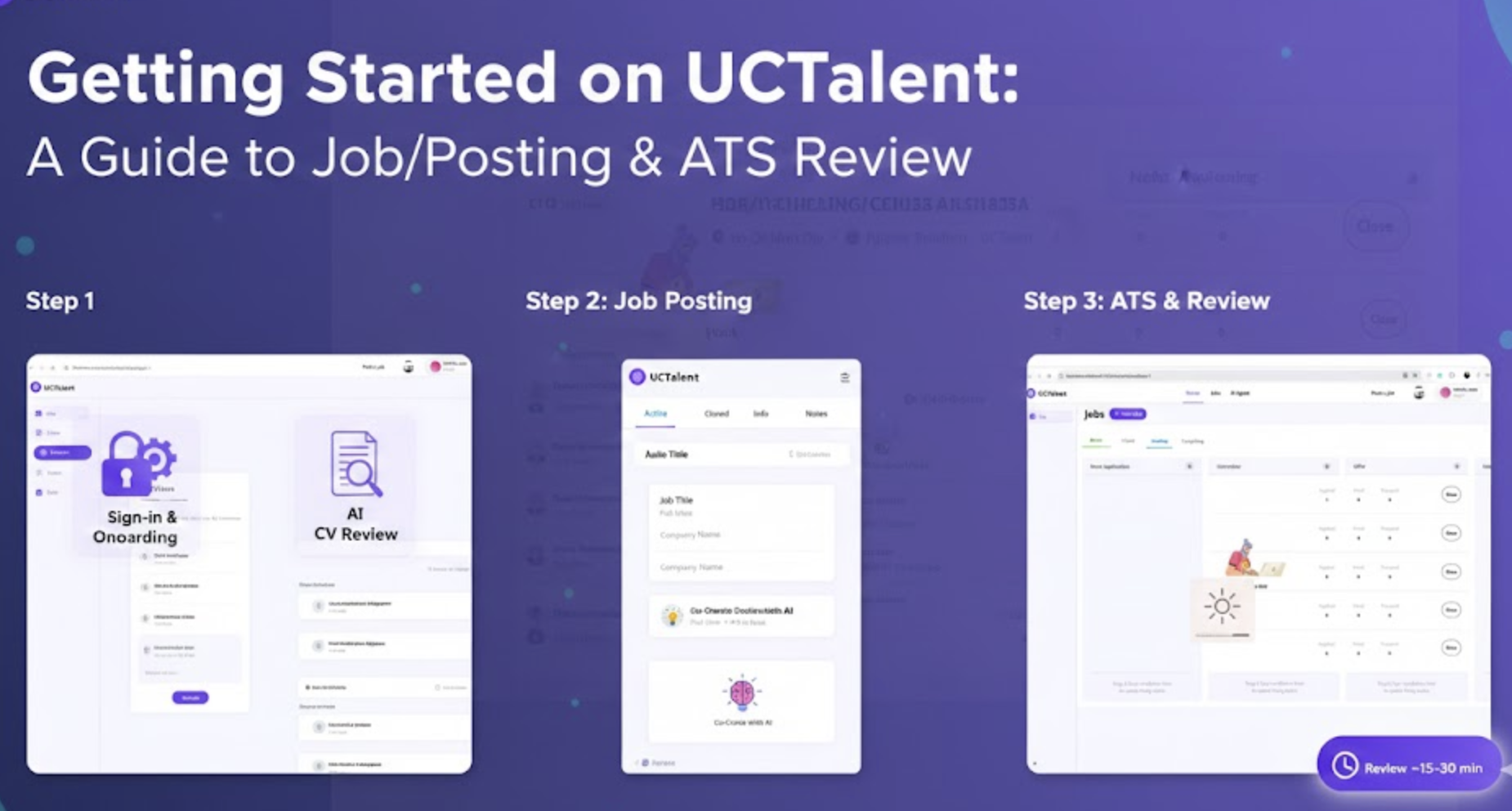Smart Contracts Unveiled: A Beginner’s Guide to the Future of Digital Agreements
Smart contracts are quickly becoming a cornerstone of the digital world, particularly in the blockchain and cryptocurrency space. As automated, self-executing contracts, they have the potential to revolutionize industries by removing intermediaries, reducing costs, and increasing security. In this guide, we’ll break down what smart contracts are, how they work, and why they are crucial for the future of digital transactions.
What Are Smart Contracts?
At their core, smart contracts are digital agreements that automatically execute actions when certain conditions are met. These contracts are self-executing, meaning that the contract's code itself enforces the terms, eliminating the need for intermediaries like lawyers, brokers, or banks.

Key Components of Smart Contracts:
- Code-Based Agreement: The terms of a smart contract are written into code. This code specifies the rules, conditions, and actions that will be taken when those conditions are met. This code is written in programming languages such as Solidity (commonly used on the Ethereum blockchain) and stored on the blockchain. The code defines what actions will be taken when specific conditions are met.
- Blockchain Integration: Smart contracts are stored and executed on a blockchain, a decentralized digital ledger. This means that every action taken by the contract is recorded on the blockchain, making it transparent and tamper-proof.
- Automated Execution: When the conditions specified in the contract are met, the smart contract automatically executes the agreed-upon actions. This could involve transferring digital assets, making payments, or verifying data.
How Smart Contracts Differ from Traditional Contracts
- Traditional contracts are legal agreements between two or more parties that require external enforcement. They often involve intermediaries (like lawyers, notaries, or banks) to ensure that all parties fulfill their obligations.
- Smart contracts, on the other hand, eliminate the need for these intermediaries. The contract’s code itself is the law, and it enforces the agreement. This automation can significantly reduce costs, speed up processes, and minimize the risk of human error or fraud.

Imagine you’re buying a car from someone. Traditionally, you’d need a contract, a bank, and possibly a notary to ensure everything goes smoothly. With a smart contract, the process can be automated once the payment is made, the ownership of the car is transferred to you without any intermediaries.
How Do Smart Contracts Work?
Smart contracts operate using blockchain technology, which ensures transparency, security, and immutability. Here’s a simplified breakdown of how a smart contract works:
- Creation: A developer writes the smart contract’s code and deploys it to a blockchain network like Ethereum. This code defines the terms of the agreement and the conditions under which it will be executed.
- Execution: Once the conditions specified in the smart contract are met, the contract automatically executes the predefined actions. For instance, if a payment is received, the contract might release an asset or service to the buyer.
- Verification: The blockchain network verifies that the conditions have been met. Since the blockchain is decentralized, no single party controls the contract, ensuring that the execution is fair and transparent.
For a deeper dive into how blockchain technology underpins smart contracts, check out Get to Know Blockchain: A Beginner's Guide on our website.
Real-World Applications of Smart Contracts
Smart contracts have far-reaching applications across various industries. Here are a few key examples:
- Finance: In finance, smart contracts can be used to automate payments, manage loans, and even facilitate complex financial instruments like derivatives. They reduce the need for banks or other intermediaries, making transactions faster and cheaper.
- Supply Chain Management: Smart contracts can track products as they move through the supply chain, automatically verifying that goods have been delivered and payments made. This can greatly reduce fraud and improve transparency.
- Real Estate: In the real estate industry, smart contracts can automate the transfer of property ownership once payment is made, reducing the need for intermediaries and speeding up the process.

To explore how smart contracts are already being used in the real world, IBM offers a detailed overview in their article on Smart Contracts.
Benefits of Smart Contracts
The rise of smart contracts offers several compelling benefits:
- Transparency: Since smart contracts operate on a blockchain, every action they take is visible to all parties involved. This transparency reduces the risk of fraud and ensures that all parties can trust the contract.
- Security: The decentralized nature of blockchain technology means that smart contracts are highly secure. Once deployed, they cannot be altered, which prevents tampering and ensures that the contract’s terms are enforced exactly as written.
- Efficiency: By automating the execution of contract terms, smart contracts eliminate the need for intermediaries, reducing costs and speeding up transactions.
- Immutability: Once a smart contract is on the blockchain, it cannot be changed. This immutability ensures that the contract terms are always executed as intended, without interference or modification.
Challenges and Considerations
While smart contracts offer many benefits, there are also challenges to consider:
- Complexity: Writing a smart contract requires technical expertise in programming and blockchain technology. This complexity can be a barrier for widespread adoption.
- Legal Recognition: Although smart contracts are gaining traction, there is still uncertainty about their legal status in many jurisdictions. Traditional legal frameworks may not yet fully recognize or accommodate smart contracts.
- Bugs and Vulnerabilities: Since smart contracts are code, they can contain bugs or vulnerabilities. If a flaw is discovered after deployment, it can be difficult or impossible to fix without deploying a new contract.
Despite these challenges, the potential of smart contracts is immense. As the technology matures and legal frameworks catch up, we can expect smart contracts to become even more integral to the way we conduct business.
Conclusion: The Future of Smart Contracts
Smart contracts represent a significant advancement in how agreements are made and enforced. By leveraging the power of blockchain technology, they offer a secure, transparent, and efficient way to manage digital transactions. As industries continue to explore and adopt this technology, understanding how smart contracts work will be essential for staying ahead in the digital age.
To start your journey into the world of blockchain and smart contracts, check out our Beginner’s Guide to Web3 Careers.







.png)




